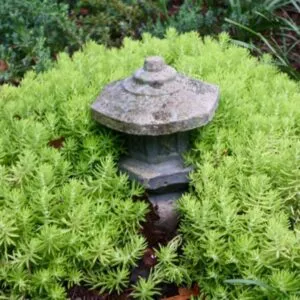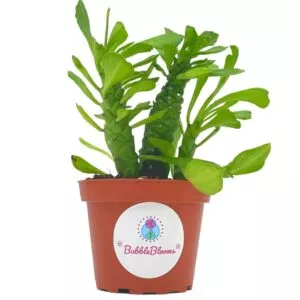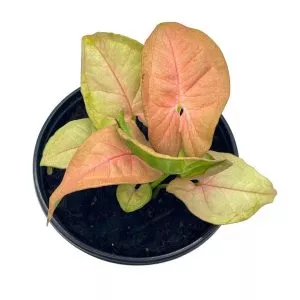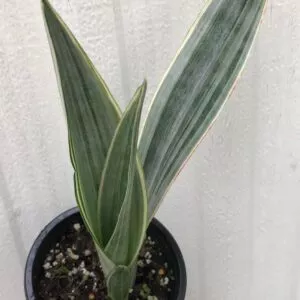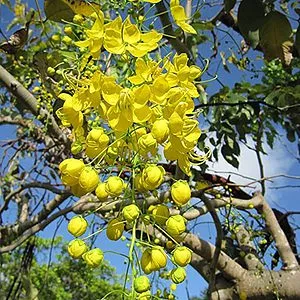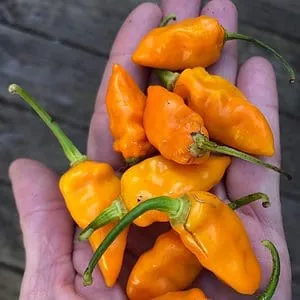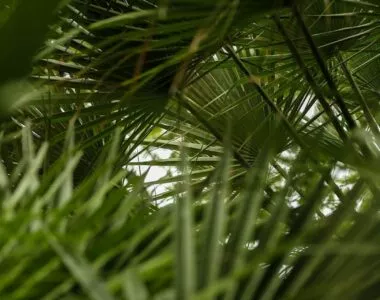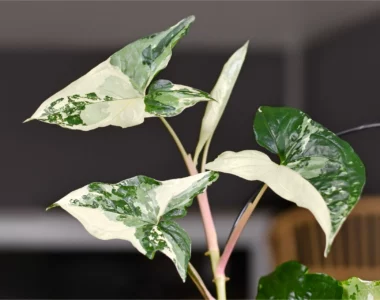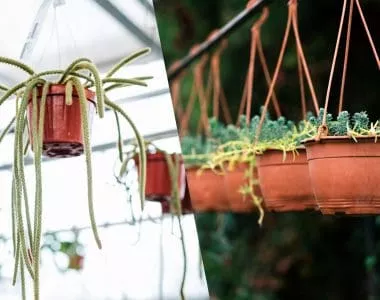Now if there is one addition that we love in the garden, it is mushroom compost. It is a great soil builder and helpful in retaining moisture.
It helps break down your dense clay soil as well. But what is mushroom compost made of, and how do you use it in your garden?
Also, can you make it yourself instead of buying it? Stay a bit longer as we answer all these questions and much more.
What Is Mushroom Compost?
Store-bought mushroom compost you find identified as mushroom soil or mushroom compost. But when thinking about it, you know it is made of mushrooms or a composition of growing mushrooms. But this is not true, as there are various stages to look at regarding this compost. So, let’s see what each type is!
Mushroom Substrate
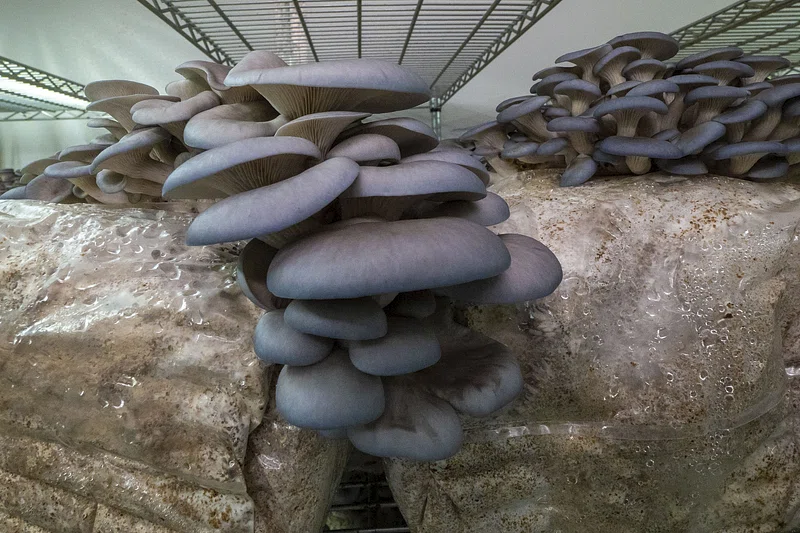
The term mushroom compost is called a substrate where the mushrooms grow. You can find different blends. But most mushroom compost comprises gypsum, straw, horse, or chicken manure.
Manufacturers also use other ingredients, but the above are the most common ones; manufacturers use large bales of wheat straw for industrial mushroom compost. First, they dunk the bales in water for a few minutes.
Then the straw is run through a chipper to make a finer mix, then they blend it with chicken, gypsum, or horse manure. Finally, they place the mixture in hot compost piles and water it while turning them daily, which can take up to two weeks.
Once the hot compost heap stage completes killing the wheat seeds, they turn them into long rows and leave them to compost down for a few weeks, known as secondary composting. The compost turns to a chocolate brown.
They then pasteurize the compost to kill weed seeds and bacteria to create clean material. Now the compost is ready to inoculate with spores or to grow mushrooms. Or you can use it as it is for growing other plants.
Spent Mushroom Compost Used as Soil Amendment
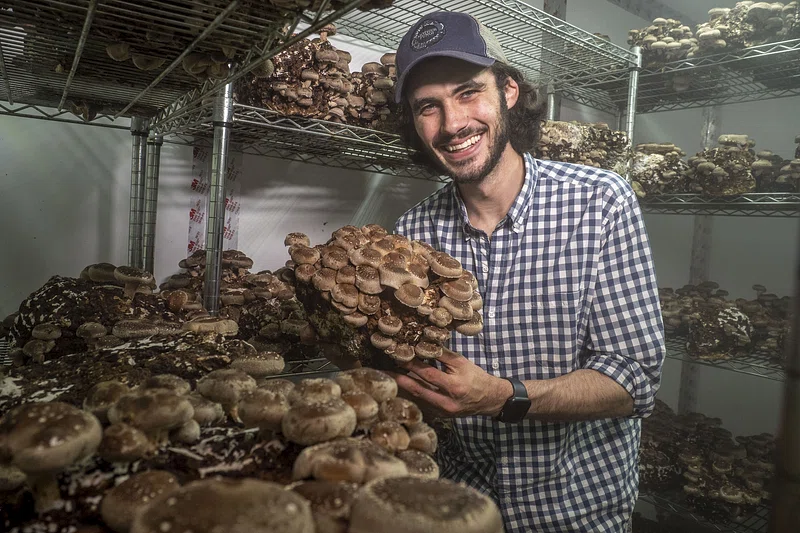
Once the substrate is used for growing mushroom spores, it is not diminished. The truth is that fungal inoculation improves the compost as it breaks down to become like soil. Therefore, buying mushroom compost at a home center is known as a spent mushroom substrate.
While it is low in nutrients, it makes a great amendment to use with denser soil. With the straw inside, it breaks up clay soils well. Also, you may discover some mushrooms growing but not recommended to pick them for eating.
The best is to remove them before they mature to prevent the spread of mushroom spores in the garden.
Pros and Cons of Mushroom Compost

When you use mushroom compost in your vegetable garden, it is not a cure-all for garden soils. Instead, using mushroom compost has benefits to disadvantages.
Pros:
Mushroom compost provides macronutrients like nitrogen, phosphorous, and potassium as soil amendments.
Furthermore, it also supplies micronutrients like iron, calcium, and magnesium to soil health.
It can improve the structure of compacted or clay-like soils to improve drainage.
With the organic materials used in the compost, you can use it with ornamental and edible plant growth.
Cons:
The nutrient composition can vary depending on the materials used to make the mushroom compost.
You can find mushroom compost high in soluble salt levels and other nutrients that can kill germinating seeds, or it can harm young seedlings.
Not readily available and is pricy, it has high calcium that can make the soil amendment too alkaline.
Mushroom Compost vs. Regular Compost For Garden Soil

There are two key differences between these compost mixtures. First, any compost varies in composition compared to a commercial fertilizer, where you find a label analyzed with available nutrients.
When you look at mushroom compost, it has already been used as a growing medium and will contain less nitrogen than regular compost. Hence, it works well with garden plants in already nitrogen-rich soil.
As it already contains more calcium than your regular compost with the added chalk, you can use it in vegetable gardens for growing tomatoes. But it can become problematic for growing blueberries that need acidic soil.

A helpful tip when buying mushroom compost is to check if it is a certified organic mushroom farming industry selling it. The organic mushroom growing industry practice pest, organic fertilization, and fungal disease management.
When and How to Use Mushroom Compost
Using mushroom compost itself is not the best replacement for soil. It works well when you want to grow mushrooms, but it is unsuitable for all plant growth. Hence, we recommend mixing mushroom compost (25%) to 75% soil for a good ratio for potted plants.
You can use it as a slow-release fertilizer at a 2-1-1 level, low in heavy metals and higher in soluble salts. The pH level is around 6.6, placing it in the neutral range. When blended into soil, it provides a source of organic materials.
It helps with water retention for clay soil with time. But it would be best not to use it to replace horse manure or other composts. Sometimes it can retain too much water and become a problem with young plants.
Alternatively, you can use it as a mulch when fresh, as seeds from weeds find it difficult to root in it. When you add mushroom compost as mulch, it breaks down, and you must work it into the soil.
Thus you can use it in flower beds, raised beds, around fruit trees, and container plants for soil improvement.
Or use mushroom compost as a light top dressing on your lawn, as it prevents weed growth. The compost slowly works itself into the soil structure to boost it. Another important note is that as manufacturers sterilize the spent mushroom substrate, it has no beneficial microorganisms.
Another helpful thing is to add compost tea or regular compost with your mushroom compost. Doing this restores the microorganisms. Or you can use it for your vermicomposter as a worm bedding.
-
Free Shipping$17.99Sold By: Gar-Zen Botanical Design
In stock (can be backordered)
Coral Sedum Orpine 1 lb Plant Ships Free.
Rated 4.86 out of 5 based on 49 customer ratings00Sold By: Gar-Zen Botanical Design -
Free Shipping$39.99Sold By: Aloha Hawaii Orchids
$44.99Buy 2 to get 10% discountIn stock
White Pineapple – White Hawaiian Pineapple Non Acidic Super Sweet From Hawaii
Rated 4.65 out of 5 based on 269 customer ratings01Sold By: Aloha Hawaii Orchids -
$11.99Sold By: BubbleBlooms
In stock
Euphorbia Ritchiei, Stapelia Monadenium ritchiei, P.R.O. Bally Bruyns, Special Rare Unique Cacti Cactus Plant, short thick cactus stems
Only 26 available and it’s in 1 people’s basketRated 4.80 out of 5 based on 283 customer ratings03Sold By: BubbleBlooms -
$20.00Sold By: BubbleBlooms
$25.00In stock
Syngonium Pink, podophyllum, in 4 inch pot
Only 13 available and it’s in 1 people’s basketRated 4.80 out of 5 based on 283 customer ratings00Sold By: BubbleBlooms
How To Make Mushroom Compost At Home
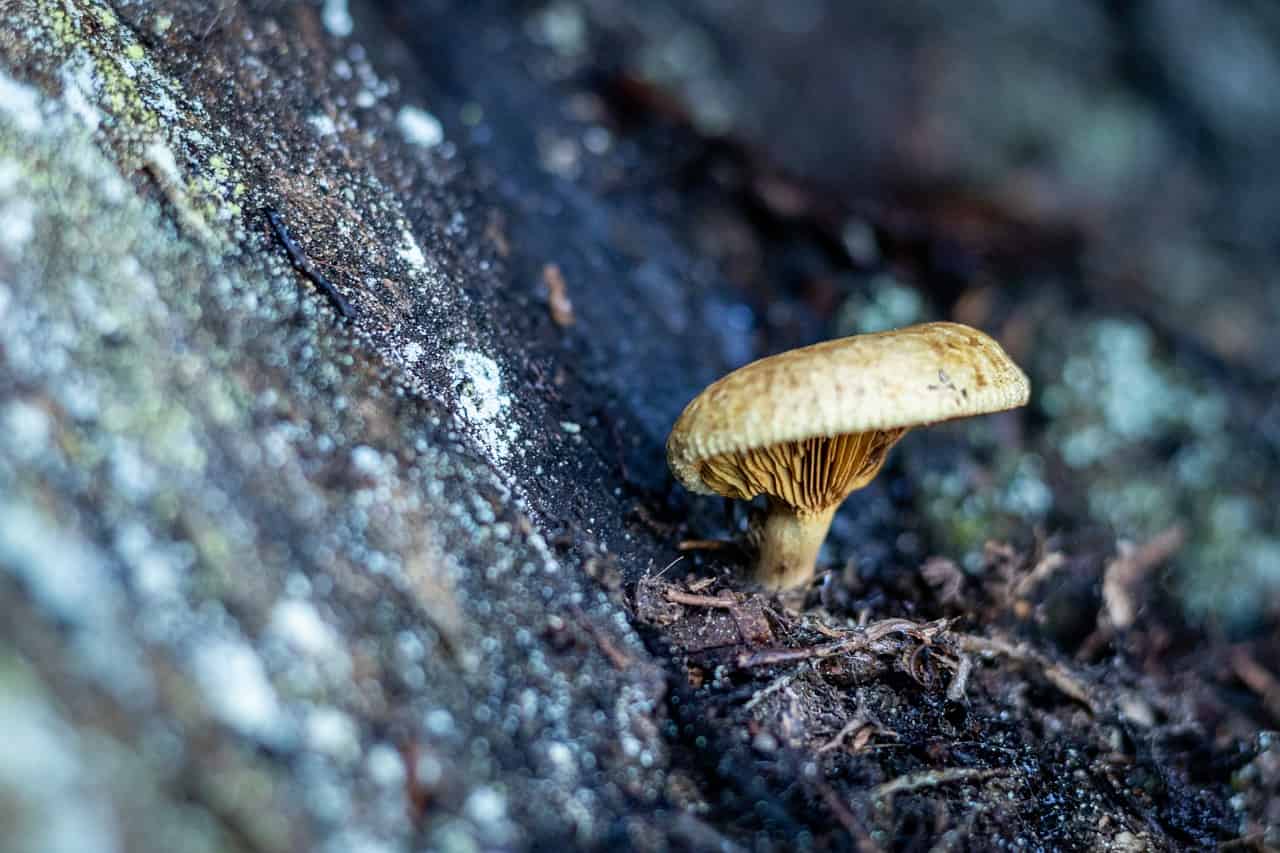
When you plan to grow mushrooms at home, it helps to have the right recipe, as you can use the organic matter in the garden soil. Still, the first thing to decide is what organic matter you want to use.
Different options, from coffee grounds, wheat straw, and horse manure, are available. For using only straw, follow these simple steps:
Use a wood chipper or something similar to shred the straw into small pieces.
Then wash the straw with a mix of liquid detergent and water to kill the microorganisms and rinse it well.
Then place the chopped straw in a large pan with boiling water in a strainer for easy removal.
Turn the heat down and allow the straw to soak for two hours.
Remove and drain off the water to let it dry and become containment free.
When cool, you can plant your mushroom spores.
Another great method is to make a heap to make your mushroom compost.
Get five bales of wheat straw and fresh horse manure combined with gypsum.
Add water to the straw and leave it to drain for a day.
Then place a bale of straw with a layer of gypsum mixed with the manure and repeat the layers until all is used up.
Please leave it to break down and move the colder outer material into the middle allowing it to heat up every week.
You have the compost to use once the heap does not generate heat.
Alternative Mushroom Composts

Okay, mushrooms grow on several things that are pasteurized before use as it breaks down the beneficial microorganisms and bacteria to prevent the creation of mold when in a damp environment.
A popular substrate option is coffee grounds, which you can find in small quantities. All you do is pasteurize the coffee ground as a mushroom-growing medium. Check out our great article on the benefits of coffee grounds in the garden.
Other options are to use coconut coir, or hardwood, mixed with vermiculite or other manures. Another alternative is peat moss, cottonseed hulls, rice, soybean meal, and canola. Not only are these outstanding mushroom substrates, but they make excellent additions later in the garden.
Frequently Asked Questions
We would not say that mushroom compost is better than regular compost, as you should not use it to replace it. Nonetheless, mushroom compost mixed with a traditional compost pile is beneficial to use in container plants in the garden as it helps retain water in clay-like soils.
As mushroom compost has more soluble salts, many salt-sensitive plants like azaleas, rhododendrons, and blueberries will not be happy growing in it. So instead, you can vermicompost your mushroom compost to help reduce the salt levels, and it will add beneficial microorganisms to the soil.
The main disadvantage is that the beneficial microorganisms are removed with the pasteurization process, and some gardeners prefer having them in the soil amendment.
Mushroom compost makes compacted soil loose, and tomatoes as they prefer a more alkaline to acidic soil. You can use it in raised beds, but it does depend on the vegetables you plan to grow.
Whether you want to buy, sell, or simply reach out to other plant enthusiasts, Plantly is the right place to be!
-
$15.95Sold By: SunSoul Plants
$20.95In stock
Sansevieria Bantel’s Sensation in 4″ pot, ships in pot
Only 2 available and it’s in 2 people’s basketRated 4.87 out of 5 based on 100 customer ratings01Sold By: SunSoul Plants -
$4.50Sold By: Cacti and Exotica
In stock
Mammillaria elongata—Copper King
Rated 4.98 out of 5 based on 59 customer ratings00Sold By: Cacti and Exotica -
$8.95 – $11.99Price range: $8.95 through $11.99Sold By: CZ Grain
In stock
Golden Shower Tree Seeds for Planting – Cassia Fistula
Rated 4.60 out of 5 based on 156 customer ratings00Sold By: CZ GrainSelect options This product has multiple variants. The options may be chosen on the product page -
Free Shipping$5.95Sold By: SunSoul Plants
$7.99In stock
Yellow Datil, Saint Augustine Hot Pepper Seeds – 15+ seeds
Rated 4.87 out of 5 based on 100 customer ratings01Sold By: SunSoul Plants
